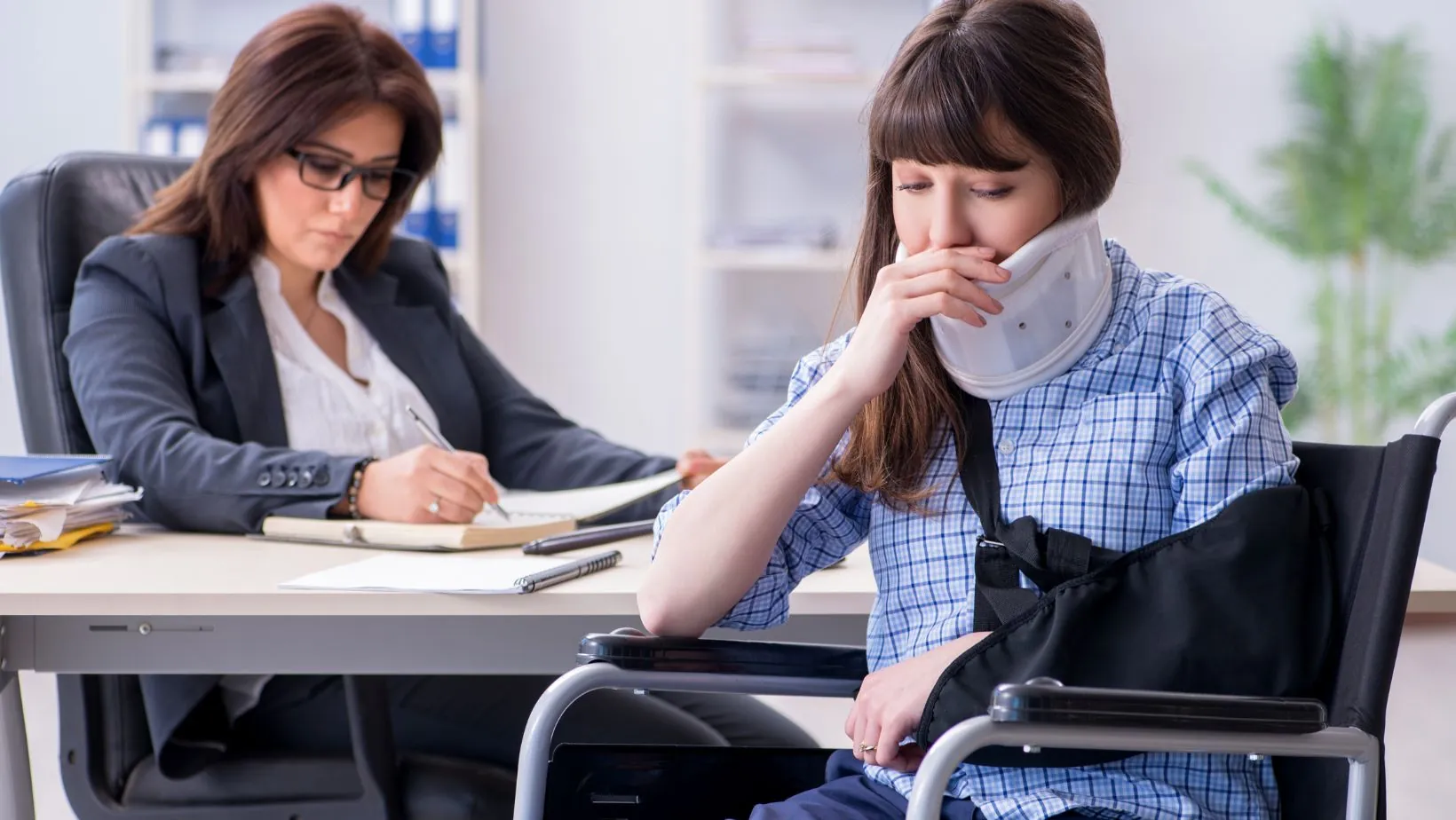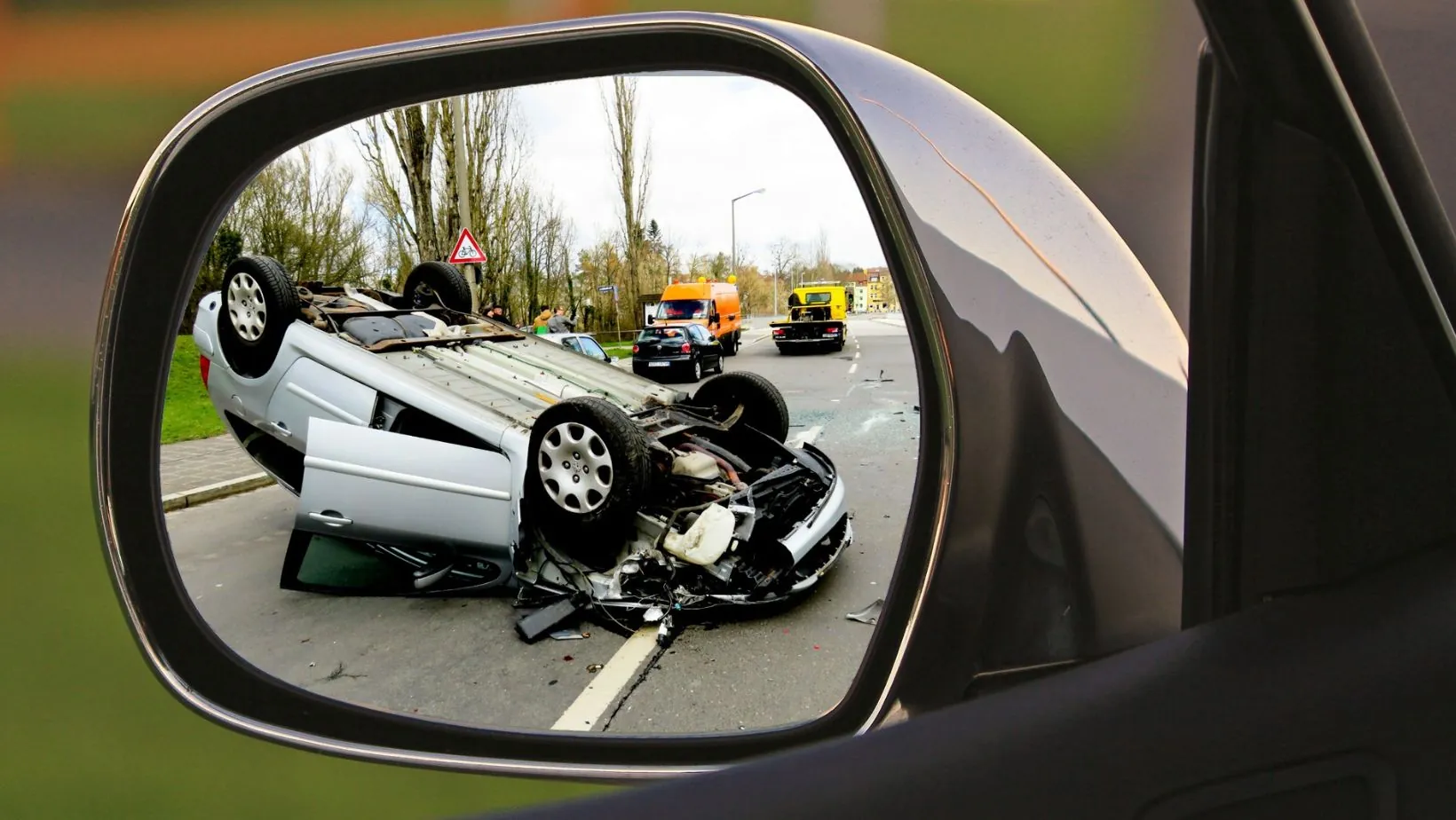Introduction:
Accidents are unpredictable. One moment you are going about your day, and the next, something unexpected interrupts your routine. While most people believe they will never need to file a claim, the reality is that injuries or incidents can happen to anyone at any time. When they do, having consistent, thoughtful habits in place can make a major difference—not just for your recovery but for the strength of any future legal claim you may choose to make.
Often, what separates a successful claim from a dismissed one is not the severity of the injury but the preparation leading up to it. Small, everyday actions—like noting down key events, organizing records, or taking simple precautions—can offer critical support during a legal process. This article walks you through practical habits that anyone can build into their daily life to stay protected and prepared, just in case the unexpected occurs.
Make documenting your day a casual routine:
Keeping a brief record of your day might seem unnecessary, but it can be a powerful tool if something goes wrong. Whether it is noting a strange floor in the office, logging a minor fall that did not hurt at the time, or recording symptoms after a minor accident—these entries can serve as useful evidence. A few lines in a notebook or a quick voice memo on your phone can later help prove the progression of an injury or the presence of a hazard.
Even when no claim is expected, the habit of noting incidents creates a timeline that may prove valuable in future legal situations. Courts and insurers often rely on clear timelines when determining the validity of a claim. If you already have that structure built into your life, you are one step ahead in showing consistency, awareness, and transparency in your case.
Keep Your Medical Visits Consistent And Records Organized:
It is easy to skip a follow-up appointment when you feel better, but staying consistent with medical care builds a paper trail that supports your health and your case. Whether you visit your GP, a physiotherapist, or a specialist, each record adds legitimacy to any future claim. It shows that you took your injury seriously and followed professional advice.
Organizing your records—including appointment confirmations, prescriptions, scans, and letters—is equally essential. When evidence is scattered or missing, it weakens your position. Having a folder (digital or physical) dedicated to your health visits makes it easy to hand over proof when requested. This also helps No Win No Fee Solicitors determine the value and strength of your claim when you work with professionals who depend on clear documentation to move your case forward without financial risk to you.
Take Photographs And Videos Of Your Surroundings Regularly:
You do not have to be in an accident to benefit from snapping a photo. Keeping a visual record of your environment—especially at work, in rental properties, or in public places—can later serve as key evidence. If something seems unusual, poorly maintained, or unsafe, take a picture. It can be used to show that a hazard was present before any injury occurred.
This habit also reinforces attentiveness and shows that you are aware of your surroundings. In many claims, the opposing side tries to argue that the injured party was careless. But if you already have images showing hazards that were never addressed, your case becomes much stronger. The same applies to capturing the aftermath of an incident—even if it seems minor at first.
Best practices for capturing evidence:
- Take wide shots and close-ups for context and detail
- Use timestamps and GPS-enabled devices if possible
- Save backup copies in the cloud or email them to yourself.
Report Hazards Or Incidents As Soon As You Notice Them:
One of the simplest habits with major legal benefits is promptly reporting any hazards or incidents. If you slip, even without immediate injury, notify a supervisor or fill out an incident form. If a pavement is cracked, report it to your local council. When something feels off in a medical setting, speak up and ensure it is noted.
Making reports creates a paper trail and shows that you attempted to address a problem before it escalated. It also places responsibility on others—employers, property owners, or public authorities—to take corrective action. If they fail to do so and an incident happens later, your previous report can help prove negligence and strengthen your legal claim.
Stay Mindful Of Your Digital Footprint And Conversations:
“What you say online or over text can be used for or against you. Posting about an injury, discussing blame, or making jokes about an incident may seem harmless but can affect the outcome of a claim. Insurance companies and opposing lawyers often review social media, texts, and emails to find inconsistencies or contradictions in your story.
Instead, build the habit of keeping personal details private and letting official documents speak for you. Communicate directly with legal professionals for advice rather than discussing your situation with friends online. Also, save any digital communications that may serve as evidence, such as emails from landlords, texts from employers, or photos shared at the time of an accident”. – Violationwatch
Things to avoid sharing online after an incident:
- Photos showing physical activity if claiming injury
- Comments placing blame or admitting fault
- Updates that contradict your medical timeline
Rather than scatter information across notes, apps, texts, and mental memory, keep a dedicated injury journal if anything happens. This should include how you feel each day, any pain levels, missed work, mental health impacts, or changes in routine. While it may feel repetitive, this record becomes invaluable in legal proceedings.
Your daily log serves two purposes. First, it shows the long-term effects of the incident in your own words, beyond what a doctor writes. Second, it demonstrates your effort to monitor and manage your recovery. Solicitors often reference journals to support compensation amounts for pain and suffering, lost earnings, and emotional tolls. – Finance help
Ask For Everything In Writing Whenever Possible:
In everyday interactions, verbal agreements or updates are common. But when something involves your safety, housing, workplace, or health, always ask for the information in writing. Emails, printed reports, or written confirmations help avoid misunderstandings and provide a record of what was promised or discussed.
Whether you are requesting a hazard be fixed, confirming a medical test result, or notifying someone of an incident, having it documented protects your version of events. It can prevent people from changing their story later and serves as an anchor point for any claim you may need to make in the future. This is especially important in more sensitive situations, such as care-related decisions or issues involving Guardianship Arizona, where written communication helps avoid future disputes and supports the legal process.
Treat Every Minor Incident With Equal Care And Follow-Up:
Not every injury seems serious at first. You might brush off a fall, bump your head, or strain your back while lifting something heavy. However, symptoms often develop slowly—what seems like a bruise today could turn into a long-term condition. Make it a habit to treat every incident as potentially significant, even if you do not file a claim immediately.
Get checked by a professional, notify the relevant parties, and record what happened. If nothing comes of it, you have only taken precautions. But if the injury develops or worsens, you will already have a record in place that supports your case. Consistency shows that you acted responsibly and took your health seriously from the start.
Examples of minor incidents that could evolve:
- A minor back strain led to months of therapy
- A small cut that becomes infected
- A bump on the head followed by headaches or memory issues
Conclusion:
Preparedness is not about living in fear—it is about being smart, aware, and ready for anything life throws at you. By building these small, daily habits into your routine, you put yourself in a better position to respond if something goes wrong. You do not need to be expecting a claim to benefit from clear records, timely reports, and organized evidence.
Claims are not just about injuries—they are about fairness, accountability, and protecting your future. When others fail in their duty of care, you should not have to struggle alone. These everyday actions create a foundation that can support your case when the time comes, helping ensure that your voice is heard and your recovery is respected.





